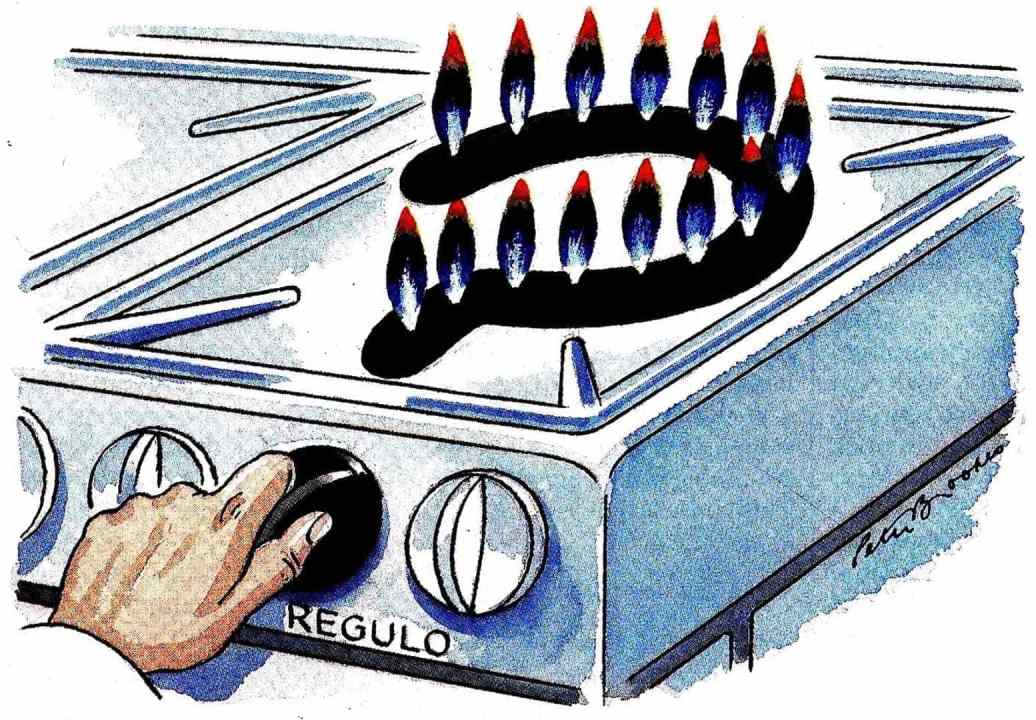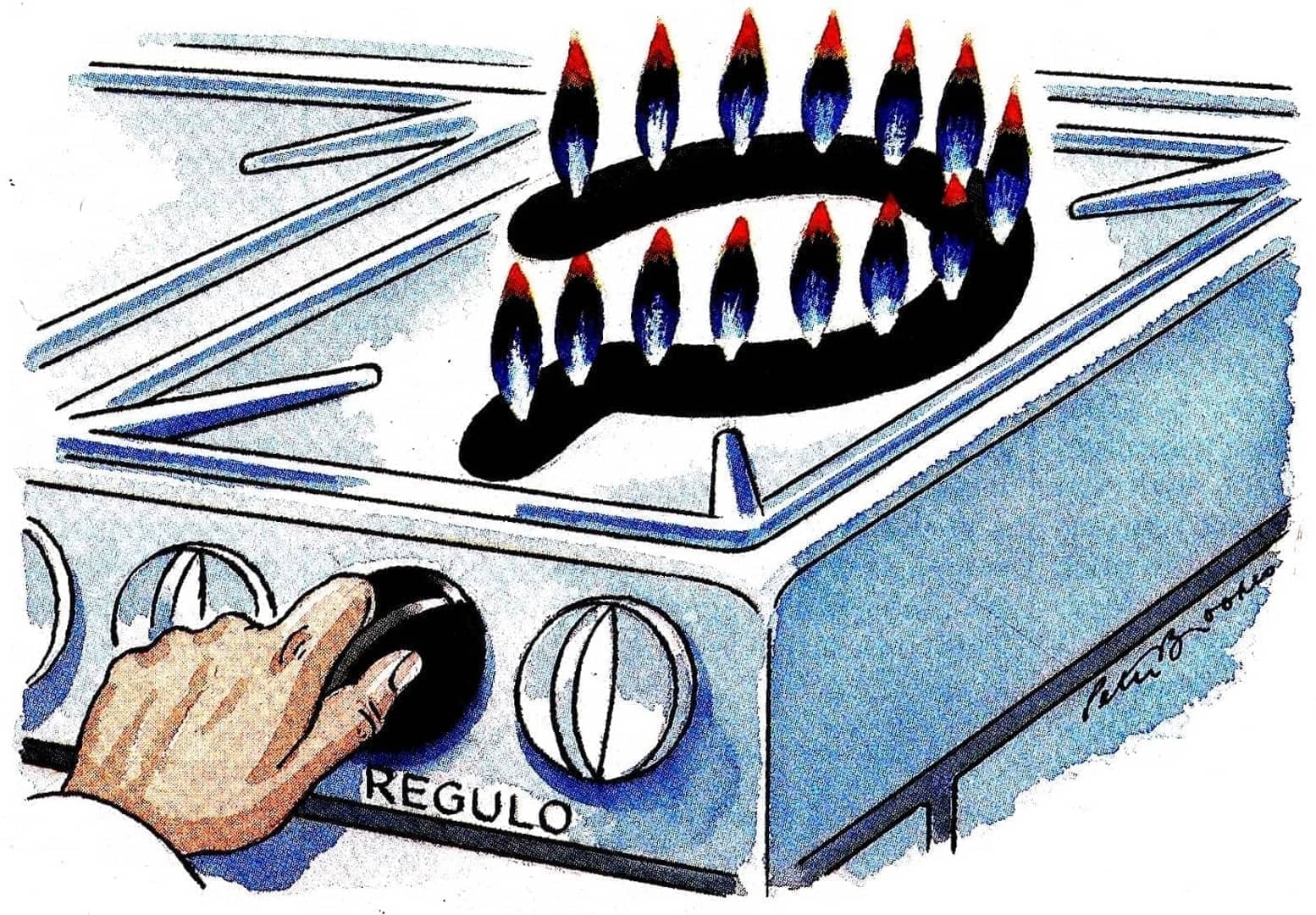What policies should the government adopt in response to the energy crisis? When thinking about any policy, the correct place to start is to consider what kinds of solutions the market would produce absent any government intervention.
Markets will always produce some kind of answer, and the market answer will often be very good in many respects. Policymakers should not assume they are intervening in a void, where almost any well-intentioned action might be better than nothing. Instead, they should always be more humble, seeking to understand what the market might do, accept that the market response is likely to be pretty good, and think about how, if at all, they can make that market response better and how to be careful not to impede the good features that a market response would produce.
High energy prices mean economic pain for us all. We cannot pretend that away
In the case of the energy crisis, let’s imagine that the market is left alone, and believes the government will not interfere. In this scenario, there would be a huge effort to create and collect more energy, because of the very high prices at present. Households and businesses would use less energy if they could. This would almost certainly still leave many households with a large gap between their incomes and their expenditures. So workers would demand higher wages to pay their bills, either from their current employers or in a new job. Some workers would get these wage rises; others would lose their jobs. Some households would still find that, even after cutting back on their energy usage and perhaps getting a wage rise, they would still face shortfalls. If they felt these shortfalls were temporary (perhaps because energy prices might fall back in future or perhaps because, given longer, households might be able to cut back more or raise their incomes more) they might be able to borrow from the private sector to cover the gap. Businesses facing similar shortfalls would most likely do the same, as long as they were able to get a loan.
The above set of market solutions would have many good features. There would be strong incentives to create as much new energy as possible as quickly as possible and to cut back where feasible. The most productive workers would get salary rises. Workers in the wrong jobs or businesses that were unviable would be forced out and that labour and capital would be released for more productive uses. Savers would have the opportunity to lend to households and business that would be viable longer-term, getting a return on those loans.
What a government should want is for all the above to occur, but with the poor protected by benefits rising with their costs, and with some macroeconomic smoothing via reduced tax rises or tax cuts. What a government should not want (should absolutely not want) is for the above process to be stopped altogether or be mainly replaced by government action.
Where the government should intervene is in benefits for low-income households. Benefits and benefits thresholds currently rise in line with inflation anyway. But inflation as measured by the CPI index does not accurately reflect the cost rises lower-income households experience. A different measure should be used. And, whereas annual benefits rising each April is adequate when inflation is low, with inflation now so high this needs to be more frequent. Benefits will need to rise in October, and to do so to a level that anticipates some of the inflation rises over the winter, so benefits recipients can cover their bills.
For average income households, however, there should not be any special benefits. Neither should the energy price rise be suppressed by the government capping the price and subsidising energy retailers. Denying economic reality by paying subsidies to shield consumers from inflation is the short road to economic ruin.
High energy prices mean economic pain for us all. We cannot pretend that away. Engaging in massive borrowing to stop the price mechanism from telling us the truth – that we should all be using less energy if we can and those able to should create as much new energy as they can – will not make that unpleasant truth go away. And if we do not allow the price mechanism to ration our energy use and guide energy use to where it is most economically effective, we may well end up with rationing instead.
There is probably going to be a recession. To help with that, the government can avoid raising taxes as much as currently scheduled, at least temporarily. It may even be able to reduce some taxes. There is inflation, so interest rates must rise. Macroeconomic management is the right response to a recession, not manipulation of individual prices.







Comments